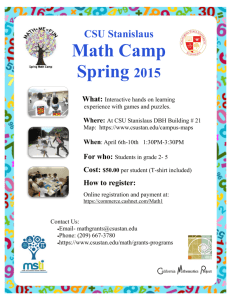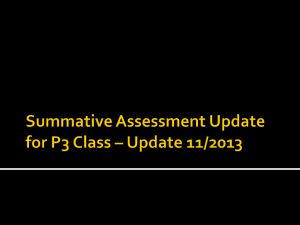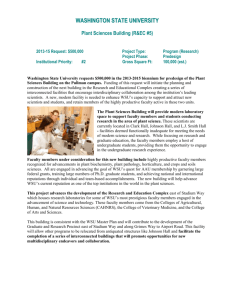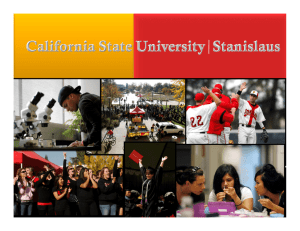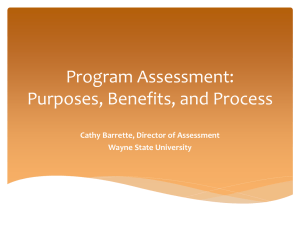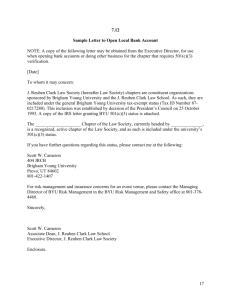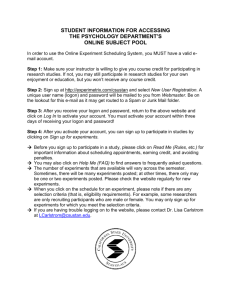OnePageOverviewwithlinks
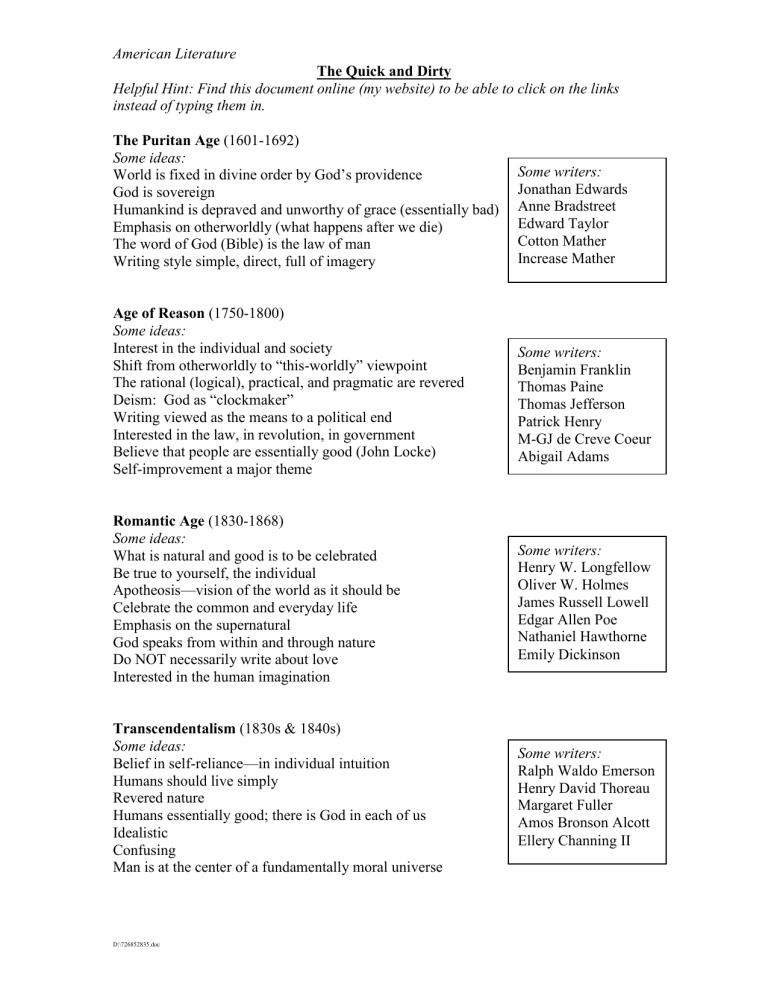
American Literature
The Quick and Dirty
Helpful Hint: Find this document online (my website) to be able to click on the links instead of typing them in.
The Puritan Age (1601-1692)
Some ideas:
World is fixed in divine order by God’s providence
God is sovereign
Humankind is depraved and unworthy of grace (essentially bad)
Emphasis on otherworldly (what happens after we die)
The word of God (Bible) is the law of man
Writing style simple, direct, full of imagery
Some writers:
Jonathan Edwards
Anne Bradstreet
Edward Taylor
Cotton Mather
Increase Mather
Age of Reason (1750-1800)
Some ideas:
Interest in the individual and society
Shift from otherworldly to “this-worldly” viewpoint
The rational (logical), practical, and pragmatic are revered
Deism: God as “clockmaker”
Some writers:
Benjamin Franklin
Thomas Paine
Thomas Jefferson
Patrick Henry
M-GJ de Creve Coeur
Writing viewed as the means to a political end
Interested in the law, in revolution, in government
Believe that people are essentially good (John Locke)
Self-improvement a major theme
Romantic Age (1830-1868)
Some ideas:
What is natural and good is to be celebrated
Be true to yourself, the individual
Apotheosis—vision of the world as it should be
Celebrate the common and everyday life
Emphasis on the supernatural
God speaks from within and through nature
Abigail Adams
Some writers:
Henry W. Longfellow
Oliver W. Holmes
James Russell Lowell
Edgar Allen Poe
Nathaniel Hawthorne
Emily Dickinson
Do NOT necessarily write about love
Interested in the human imagination
Transcendentalism (1830s & 1840s)
Some ideas:
Belief in self-reliance—in individual intuition
Humans should live simply
Revered nature
Humans essentially good; there is God in each of us
Idealistic
Confusing
Man is at the center of a fundamentally moral universe
Some writers:
Ralph Waldo Emerson
Henry David Thoreau
Margaret Fuller
Amos Bronson Alcott
Ellery Channing II
D:\726852835.doc
Resources available to you:
Big Red Books—good for brief definitions, major authors, and major works
Encyclopedias—quick reference, thumbnail sketches of movements
Gale/Infotrac—helpful for more in-depth analysis of the movement and major authors
In-class library—Especially good for you confused transcendentalist researchers, the materials present in class have information about the major periods and authors. I’ll help guide you through the books
Amusement park websites, available on the internet.
Mr. Lundholm is also available in the library to help you.
Internet Links that may prove helpful:
Also, go to my website and click on the link to go to my Google notebook, which has many links for each era.
Puritans http://www.csustan.edu/english/reuben/pal/chap1/1intro.html
http://www.wsu.edu/~campbelld/amlit/purdef.htm
Age of Reason http://www.csustan.edu/english/reuben/pal/chap2/2intro.html
http://www.wsu.edu:8080/~dee/AMERICA/ENLIGHT.HTM
http://www.wsu.edu/~campbelld/amlit/1701.htm
Romantics http://www.csustan.edu/english/reuben/pal/chap3/3intro.html
http://www.vcu.edu/engweb/eng372/intro.htm
http://guweb2.gonzaga.edu/faculty/campbell/enl311/romanticism.htm
Transcendentalists http://www.csustan.edu/english/reuben/pal/chap4/4intro.html
http://www.wsu.edu/~campbelld/amlit/amtrans.htm
See me when you have questions.
D:\726852835.doc
